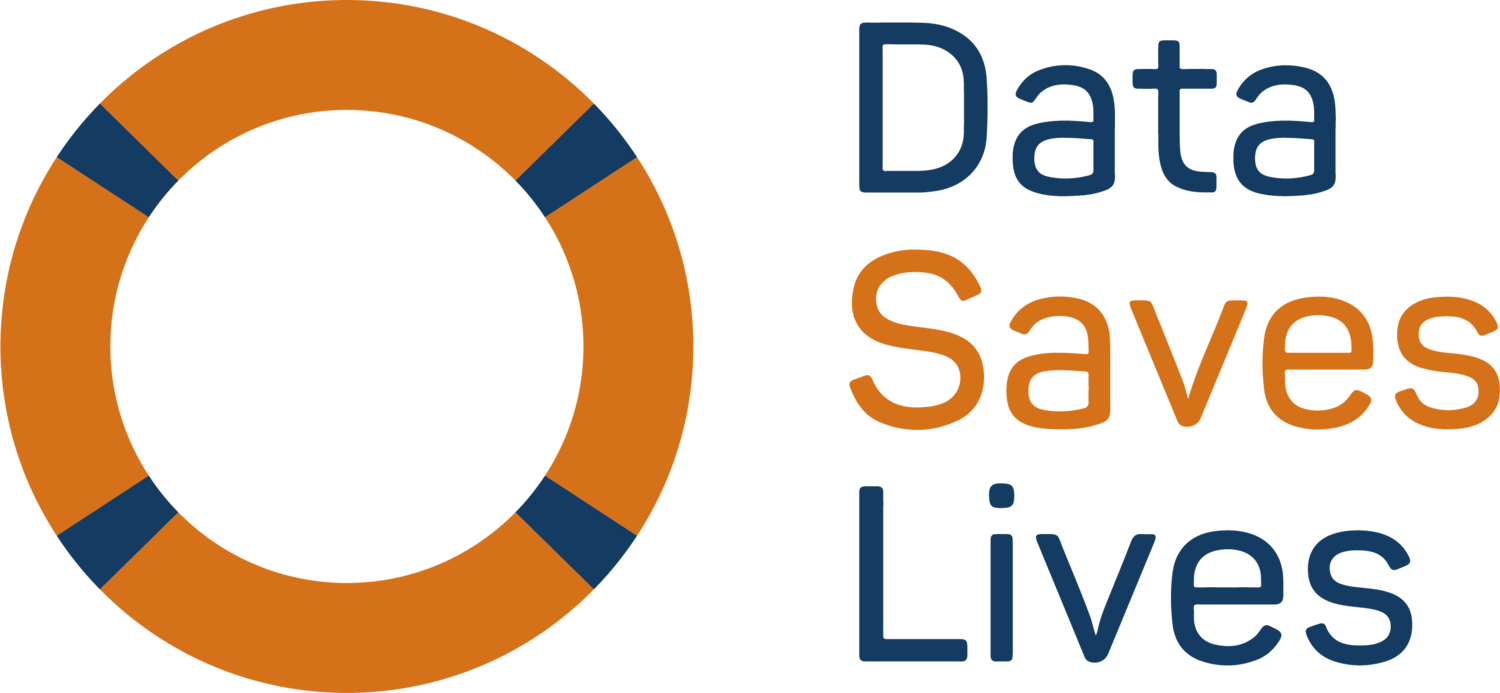As an elderly patient [78] with disabilities and long-term conditions, I am often asked to explain why I am so passionate and enthusiastic about my Personal Health Record [PHR]. The answer is not simple because the PHR is a rich versatile and customisable tool, which can be modified by both health professionals and patients according to their needs.
For me, the core benefit resides in having all my medical information and data in a SINGLE PLACE; a centre into which different care settings [hospitals, GP practices, community clinics, social care agencies…] can feed consultation appointments and reports, pathology test results, imaging radiologist reports, care plans - basically all the patient information they gather and record at each new encounter or episode of care. In return, I have the functionality of originating data [symptom reports, monitoring data, care plans] and of posting information from any care setting not included in the basic infrastructure [optometrists, dentists, podiatrists etc.] or located overseas. All of which play a part in shaping the PHR, as I wish to self-manage my various conditions.
This single place, where I live [London] is called the Care Information Exchange and runs on the Patients Know Best [PKB] – an untethered, multi-platform PHR, which is fully integrated with the NHS Login and the NHS App.
One particular functionality is paramount: that of the Medication List, which enables the patient to keep track of all the medicines they self-administer, whether prescribed, over the counter (OTCs), supplements or assistive devices. Specific care settings, GP primary care for instance, only record and often only know the medicines they have directly prescribed to the patient. This system ignores the reality of patients receiving prescriptions from different care settings, let alone accessing from different sources such as the Internet, and of course OTCs - which are often the cause of adverse reactions with other medications. The design of the list provides both free text space for patient to add details about the medication and its indication, and attachment of documents [e.g., a prescription issued in another country].
There is another area where the patient has no choice but to function as a care integrator. GP records in the UK often contain errors and inaccuracies, because of several factors: legacy records not kept up to date when patient medical history or systems change, failure to transcribe acute care specialist reports etc. PKB gives me the responsibility of correcting such issues of data inaccuracy by, for instance, reproducing a hospital report which does contain all correct diagnoses and other data, but which the GP record has failed to transcribe or has not seen. This is another facet of shared decision making, that of shared responsibility.
Is it being selfish to wish all those providing me with care to have the right information in the right place and at the right time? The same wish applies to sharing my data with anyone on this planet who can benefit from it. Selecting which category of medical information I want to share [general health, mental health, sexual health, social care] makes sharing extremely easy.
Data does save lives, but information quality is paramount to achieve successful outcomes and this, in my experience, cannot be achieved if patients are not full partners and agents in their care, using the right tool to do this.
By Fran Husson, Honorary Research Officer, Imperial College London, UK


